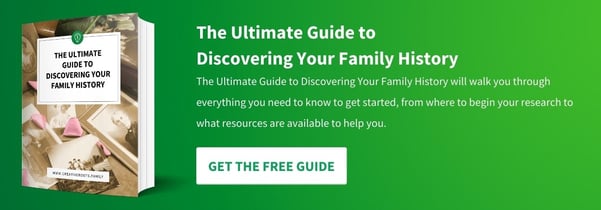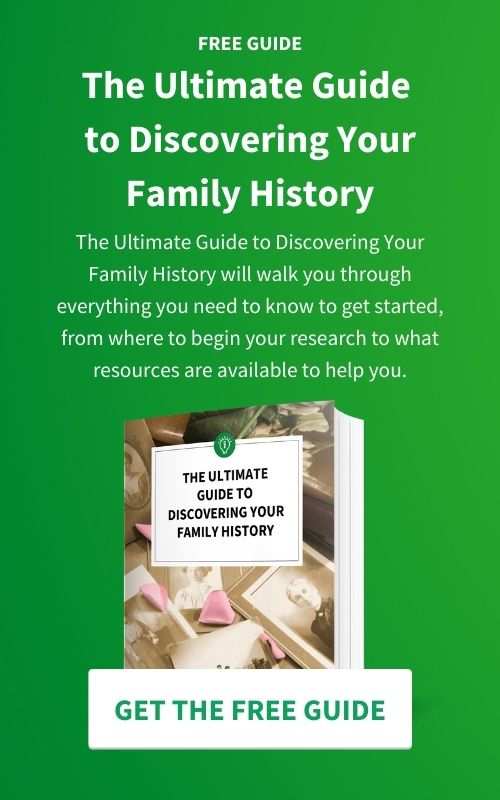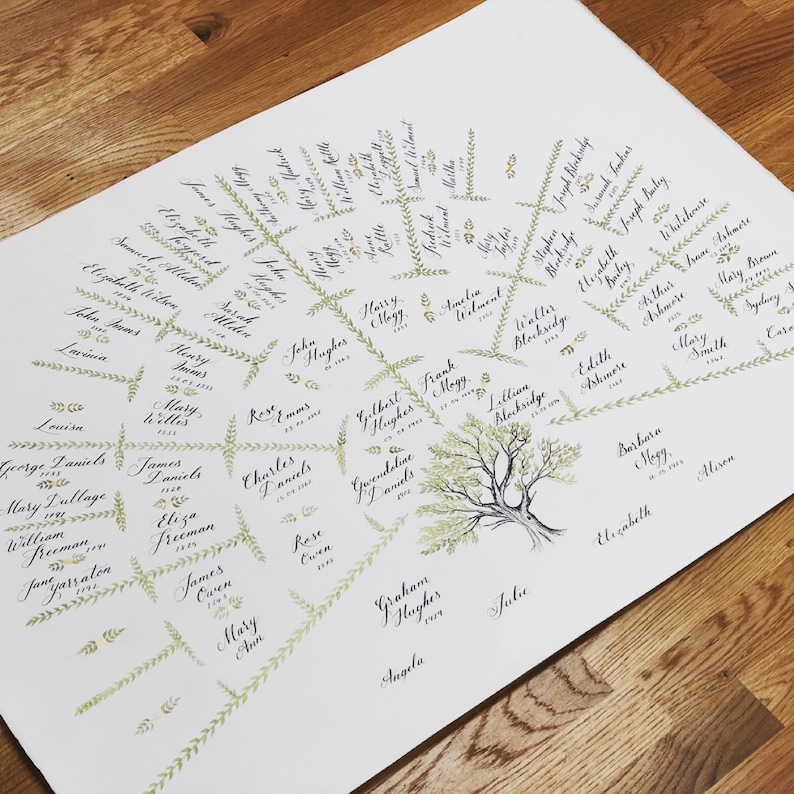Tips and tricks for web browsing when you're looking for genealogy information
When you're looking for genealogy information, web browsing can be overwhelming and time-consuming. Here are some tips and tricks that may help make your search a little easier.
Start with a specific goal in mind
When you're looking for genealogy information, it can be helpful to start with a specific goal in mind. This way, you can focus your efforts and avoid getting overwhelmed by the wealth of information available online. Some possible goals include finding information about your ancestors, researching a particular family line, or locating records for a specific time period.
Be as specific as possible in your search terms
When you use a search engine like Google, start with keyword-specific searches. This means including terms related to what you're looking for, such as "genealogy" or "ancestry." You can also include specific names or locations. Be as specific as possible in your search queries to get the most relevant results.
If you're just starting your research and don't have much to go on, try broadening your search terms slightly. For example, instead of searching for "John Smith," try "Smith family history" or even just "genealogy." You can also try different spellings of names – especially common ones – to see what turns up. Finally, remember that there are lots of resources out there beyond the internet; consider visiting a local library or historical society if they exist near you.
Try different combinations of keywords and phrases until you find what you're looking for
When you're searching for genealogy information online, try different combinations of keywords and phrases until you find what you're looking for. You might want to start with a general search term like "genealogy" or "ancestry," then narrow your results by adding more specific terms like surname, location, or time period. If you're not finding what you need, don't be afraid to get creative with your keyword combos. Try different spellings, abbreviations, and synonyms until you hit the jackpot!
Don't forget to check out smaller, niche sites too
Ancestry.com and other big websites are great places to start your search for genealogy information and usually have subscription fees. Don't forget to check out smaller niche sites too. These often have unique resources that the bigger sites don't have. They can be a valuable part of your research process.
When you're searching for specific information on a website, use the site's search function or filter options to help you find what you're looking for more quickly and easily. This will save you time and frustration in the long run.
And finally, remember that there is no one perfect website or resource for everything - sometimes it takes some trial and error to find exactly what you need. Don't give up if something doesn't work out at first - keep exploring until you find what works best for you.
Check the source
When you find a piece of information online, it's essential to check the source to verify its accuracy. Websites that end in ".gov" or ".edu" are generally reliable, but anyone can create a website, so you should always take the time to check the source. Look for information about the author, date of publication, and whether or not the site has been updated recently. Also, be sure to read through the material carefully to see if it seems reliable and well-researched.
Cite your sources
Whenever you use information from another source – whether it's online or offline – be sure to cite your sources. This allows others to verify the information you've found and helps to prevent plagiarism. When citing online sources, be sure to include the URL, date of access, and any other relevant information.
Be patient!
The best results come from slow and steady digging rather than rushing through your research. If you get stuck, there are plenty of forums and message boards full of helpful people who love nothing more than sharing their own tips and tricks -- just make sure to take everything with a grain of salt since anyone can post anything on the internet. Finally, remember that even if you don't find exactly what you are looking for online, every piece of information helps add another piece to the puzzle.
How to get the most out of free family history websites
- Start by finding the right website for your needs
- Use the search function to find specific information
- Filter your results to make them easier to navigate
- Check out the website's resources section for additional help
- Ask questions in online forums and message boards
- Be patient and keep exploring until you find what you're looking for!
Conclusion
When looking for genealogy information, it can be helpful to use websites that are specifically designed for this purpose. The 10 websites listed above offer a variety of resources and tools to help beginners get started in their research. Additionally, these sites have active forums where you can ask questions and receive advice from other enthusiasts.
By following these tips, you can make your web browsing more efficient and productive. Enhance your research skills by exploring these related blogs.
Creative Roots can help you with your family stories by providing access to resources that can assist you in your research. We also offer tips and tricks on how to conduct your research and where to find records. Contact us today to get started on your discovery.

Article by Carol Walsh
Carol Walsh is the CEO of Creative Roots, a professional genealogy company. She has a passion for preserving family history and storytelling. Carol's research methodology centers around fact-finding and publishing in a format that readers can use to preserve the stories. Her ultimate goal is to help families connect with their past and each other.





